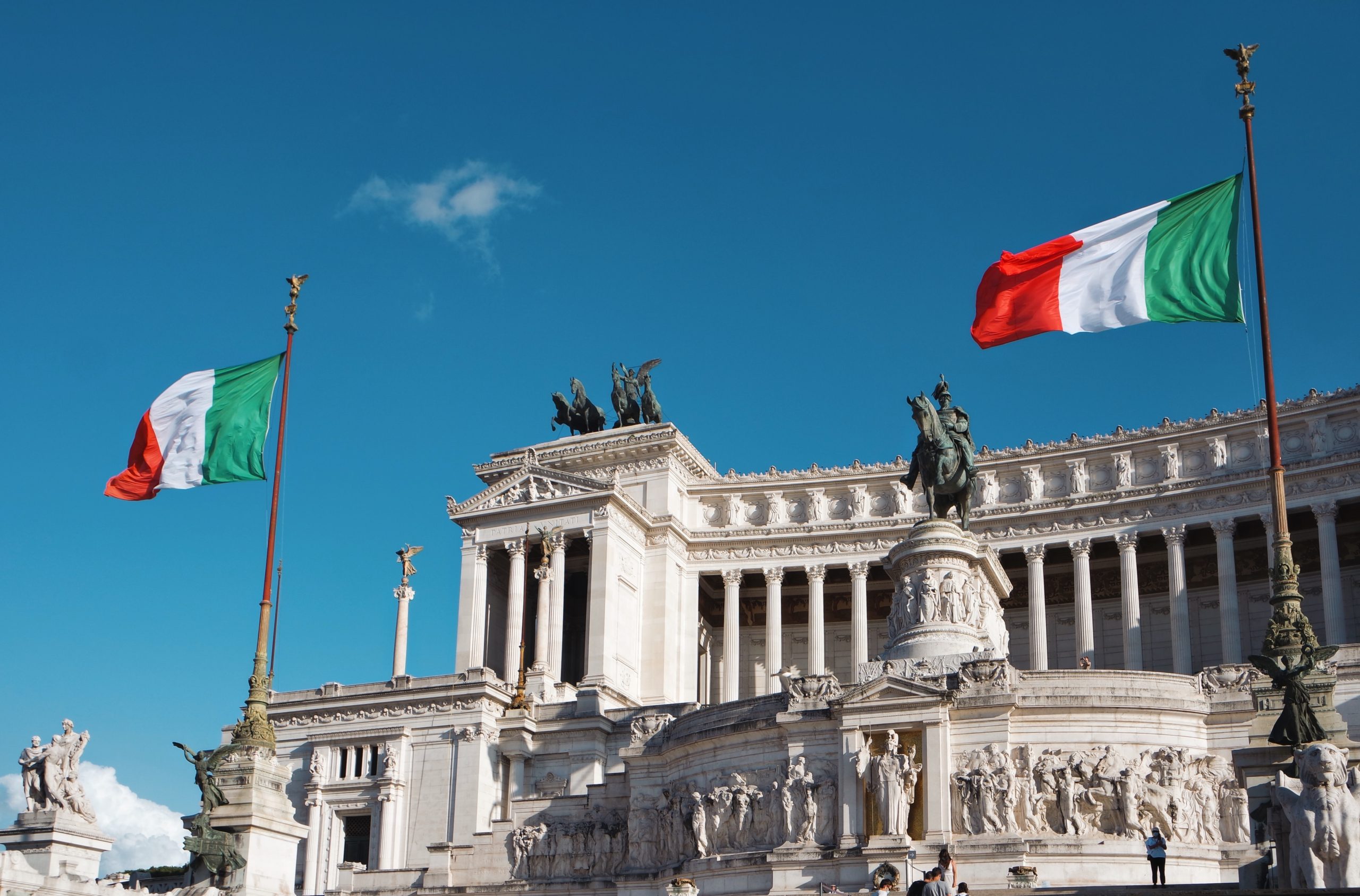
Willie R. Tubbs, FISM News
[elfsight_social_share_buttons id=”1″]
A member of the Italian parliament has introduced a bill that would, if passed, prevent the use of English in certain, rather specific situations.
Tuesday, news junkies across the internet likely saw a bevy of startling headlines that indicated Italy was considering a ban on English outright and that fines in excess of $100,000 were being floated as a penalty.
Italian Prime Minister Giorgia Meloni, well known for her nationalist views, figured prominently in discussions of the proposal, and numerous legacy media outlets pondered whether this meant Italy was on its way back to ultra-nationalism or fascism.
Meloni’s camp has countered that the bill is not an effort by the government to institute a ban, but the result of the work of one legislator in the lower house of the Italian parliament.
The reality of the matter is that the proposal is important, but neither as dire nor innocent as advertised.
In truth, the proposed ban on English is a classic example of the nuance of political messaging and a reminder that measure is the heart of quality journalism.
The bill would indeed place a ban on the use of the English language, but this ban would apply only to public employees in the exercise of their duties. There are substantial fines being floated, between $5,500 and $110,000, American, although it is unclear what would constitute a lower versus higher infraction.
While it’s true that only one legislator has recommended the law thus far, and members of the Meloni camp have distanced themselves from the measure already, it is important to understand who that one legislator is and why his endorsement likely means the bill has substantial behind-the-scenes support.
It is true that Fabio Rampelli is the lone voice in support of the bill; but, he is also a member of Meloni’s party and the vice president of the Chamber of Deputies, which is loosely comparable to the U.S. House of Representatives.
No matter the nation, bills authored by ranking members of dominant parties always carry more weight than those originating from the rank-and-file.
Moreover, Rampelli’s move is in keeping with the nationalist leanings of the Meloni administration. Meloni and her party have built a political name on promises to preserve Italian culture, and their argument is that preserving the Italian language is central to the process.
Progressives have countered that Mussolini and the fascists also wanted to establish the dominance of the Italian language in Italy, a comparison the Meloni camp says is strained.
“[The] defense of the Italian language has nothing to do with Mussolini,” CBS News quoted Deputy Prime Minister and Foreign Minister Antonio Tajani as saying.
It’s also important to note that Italy would not be the first nation in Europe to institute a national language preservation law.
As highlighted by CBS, France has not only a similar law but a robust agency, the Académie Française, that seeks to fight the encroachment of non-French words into common parlance.
